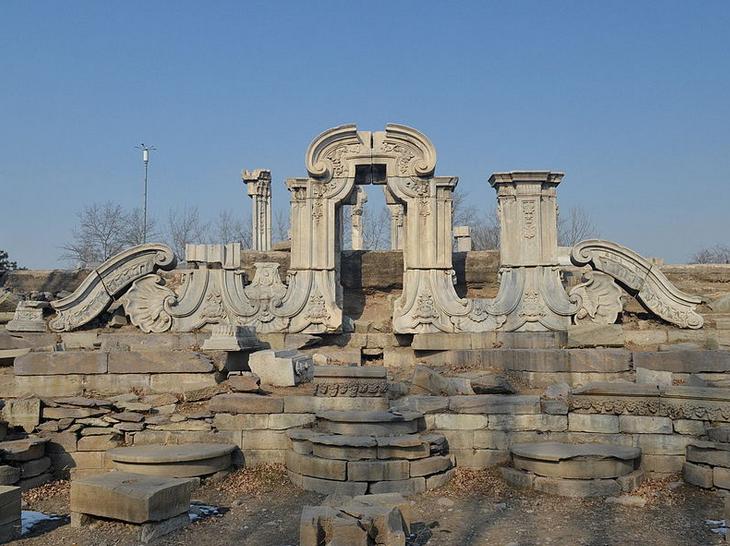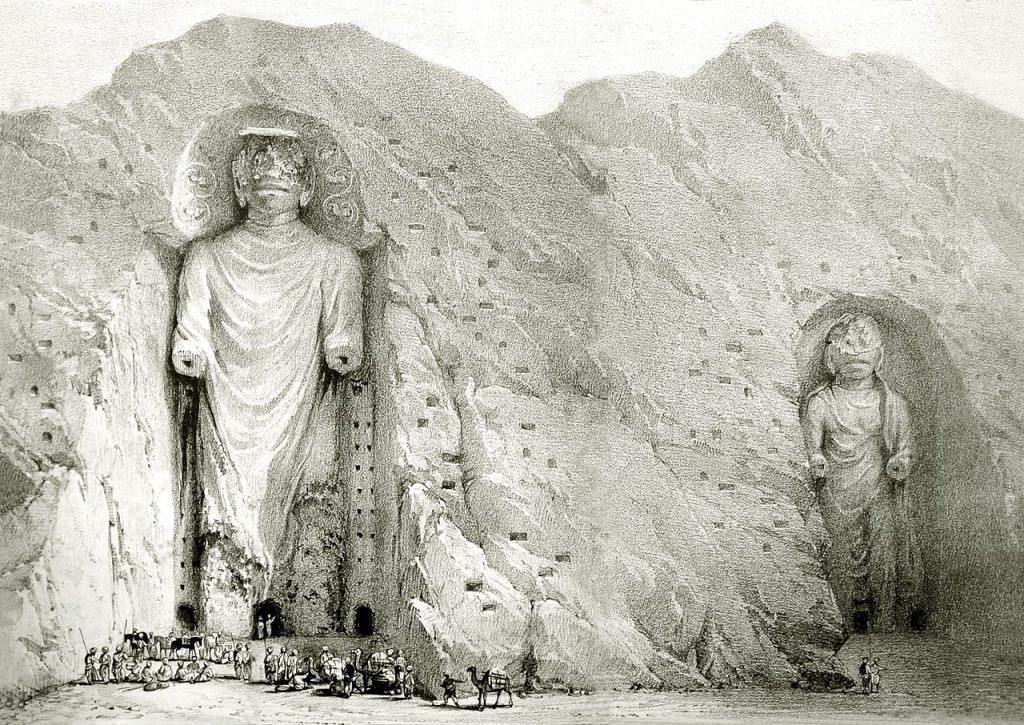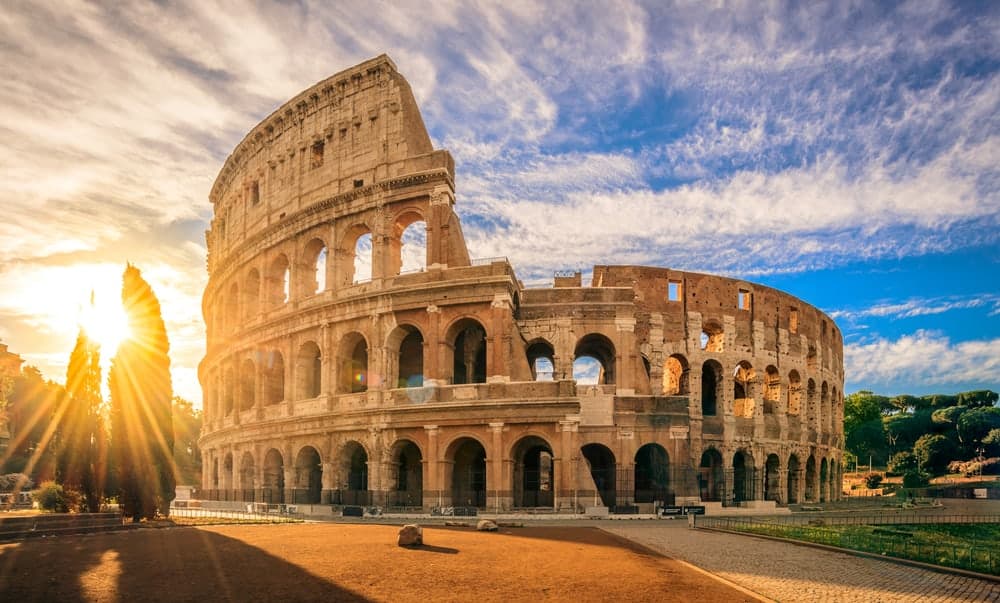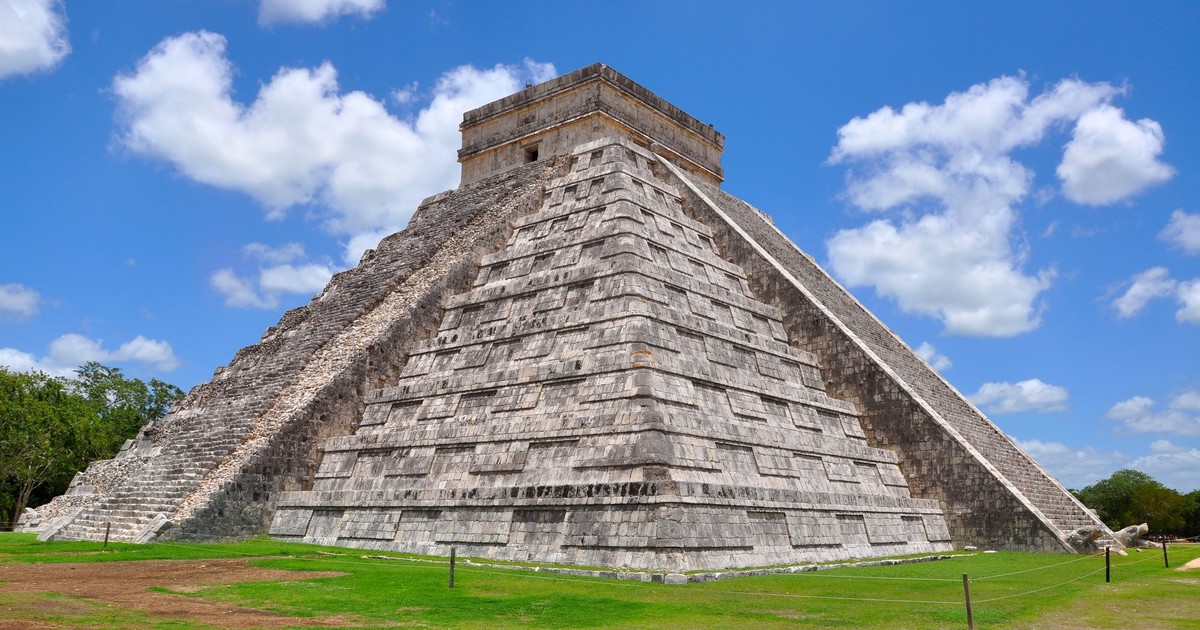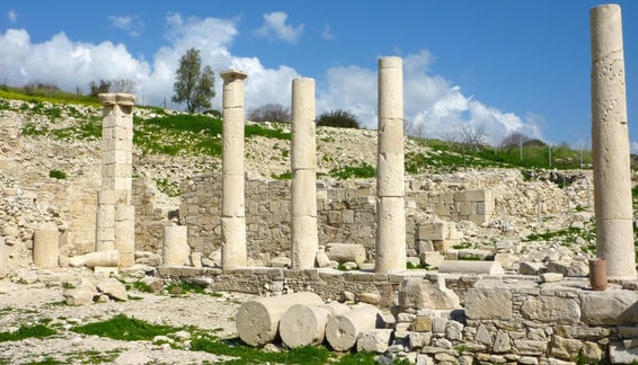The destruction caused during World War 2 was unprecedented. The exploits of that war meant that we lost countless archaeological and historical sites to the bombings of cities in Europe and Asia.
All the Germans, the United States, Russia, and Japan played major roles in the destruction of these significant cultural landmarks.
Although it has been argued that these historical sites might not have been specifically or intentionally targeted that does not change the fact that the destruction of these monuments was part and parcel of the war effort.
Post World War 2 the Geneva Convention was drafted to curb any efforts to restart a war as devastating as the one the world had just experienced. Article 53 of the Geneva Convention made the destruction of historical, archaeological monuments a war crime.
Protecting these monuments is hugely important to human culture and history and without ones that represent the experiences of our people, we have no significant landmarks that allow us to reminisce and learn about our ancestors.
Here are some of the most significant landmarks we have lost to war.
Buddhas of Bamiyan, Afghanistan
The Buddhas of Bamiyan are two significant religious sculptures that were destroyed through terrorist imperialism in Afghanistan in 2001. These two Buddhist statues were carved into the side of a cliff-face in the Bamyan Valley in the 6th century.
Prior to their destruction, they were officially credited as the two tallest sculptures of Buddha in the world standing at an impressive 180 feet high. They were destroyed in a target terrorist bombing which took place over a period of a few weeks.
The Old City of Dubrovnik, Croatia
Nicknamed the “Pearl of the Adriatic” Dubrovnik in Croatia used to be an important Mediterranean Sea power back in the late 13th century. In 1979 the old town of Dubrovnik was named as a World Heritage Site by UNESCO.
The city suffered serious structural damage to most of its ancient buildings during the Siege of Dubrovnik in the early 1990s as over half of the city was hit with flying missiles and projectiles. The former Yugoslavia General was sentenced to eight years in prison for war crimes relating to the destruction of historical monuments.
The Great Library of Alexandria, Ancient Egypt
The Great Library of Alexandria in Ancient Egypt came quickly to be known as one of the greatest and most important sites for knowledge in the ancient world. There are countless stories about the exploits of the Ptolemies and their hunt across their known world for books for the Great Library.
There is disagreement over the decline and eventual destruction of the library with some arguing that it was not cataclysmically burnt to the ground but instead declined over hundreds and hundreds of years.
The accepted discourse however is that the library was burned to the ground during wars with Rome and that the villain of the story is Julius Caesar himself.
